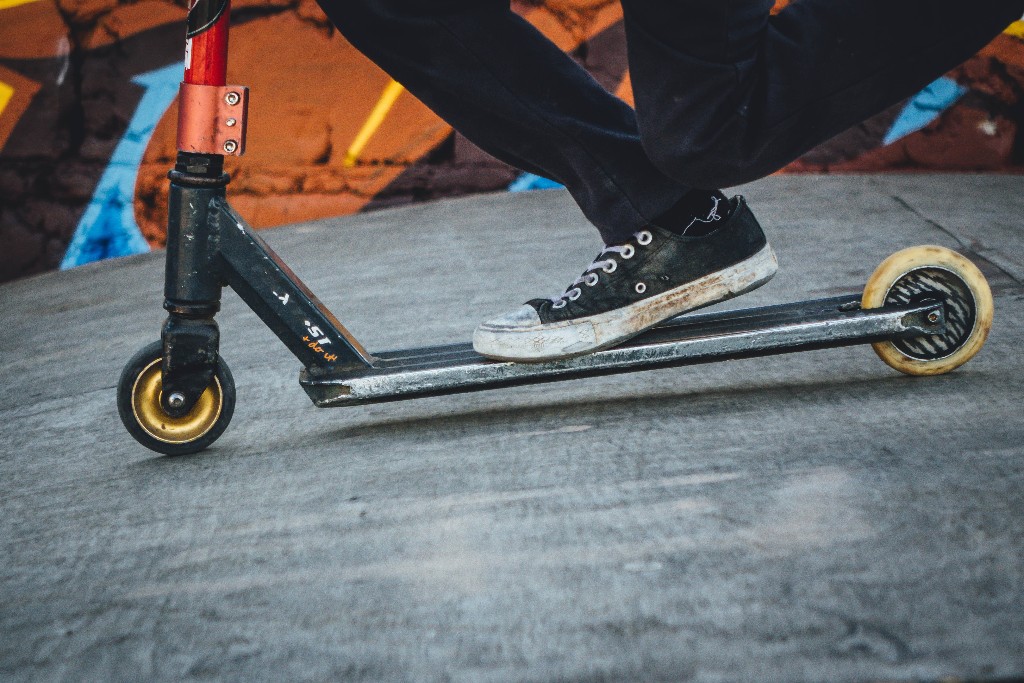D.C. Councilmember Mary Cheh emphasized the need for strict regulation regarding the use of electric scooters that increasingly affects the city’s traffic, during a D.C. Council hearing on Monday.
“For these devices to be part of our future plans, the behavior has to be fixed. Scooter users must have safety at the forefront of their minds,” Cheh was quoted as saying by WTOP.
The councilmember, who chairs the Committee on Transportation and the Environment, complained that many scooter users do not follow safety rules while they move through pedestrians and cars at high speeds.
She also mentioned that scooters often left on sidewalks block pedestrians’ walkways, private driveways, and handicapped-accessible ramps.
According to Cheh, the rules added to the terms and conditions signed between the District Department of Transportation (DDOT) and electric scooter company are not sufficient, and more enforcement is required, as well as better education.
The D.C. Council has two bills on the issue to debate. The legislation regulates various aspects of scooter use in the city, including introducing a speed limit – 15 mph on the road and 6 mph on the sidewalk.
The District’s dockless vehicle program is aiming to help proceed Mayor Muriel Bowser’s “goal to provide accessible transportation options across all eight wards,” DDOT Director Jeff Marootian said in a statement in July.
This year, DDOT has granted permits for eight businesses that operate dockless vehicles. It is estimated that over 6,000 such vehicles are being operated in the city.
Among the companies part of the 2019 Dockless Vehicle Sharing are Hopr (motorized bicycles and electric scooters), Jump (motorized bicycles), Lyft (electric scooters), Razor (electric scooters), Ridecell (motorized bicycles and electric scooters), Skip (electric scooters), Spin (electric scooters), Bolt (electric bicycles) and Wind (electric scooters).
How to Rent Electric Scooters in DC, Use Them Legally & Safely

